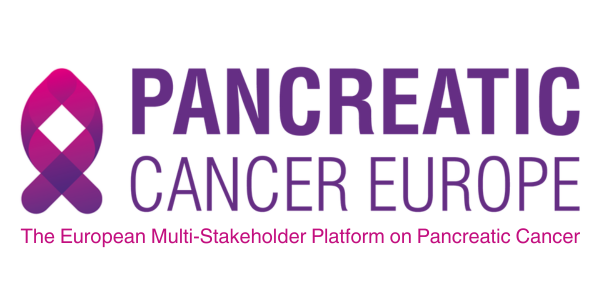News
The PanCO Study has been published in ESMO Open demonstrating the safety and efficacy benefits of the OncoSil™ device in combination with standard-of-care chemotherapy for the treatment of patients with unresectable locally advanced pancreatic cancer.

PanCO was an international, multi-centre, single-arm, prospective clinical study of intra-tumoral OncoSil™ phosphorus-32 microparticles for unresectable LAPC. It was conducted at 10 specialist centres in Australia, Belgium and the United Kingdom.
The primary endpoint of the PanCO study was safety and tolerability, and the results demonstrated that OncoSil™ had an acceptable safety profile when added to standard-of-care chemotherapy comprising either gemcitabine plus nab-paclitaxel or FOLFIRINOX, the two most widely used regimens for treating patients with advanced pancreatic cancer. No radiation-related serious Adverse Events (AEs) were reported in the PanCO study and there was no evidence that the incidence of severe AEs changed after OncoSil™ implantation.
The main efficacy endpoint of the PanCO study was the proportion of participants with local disease control at 16 weeks, which was achieved in 90.5% of the patients. This met the pre-defined criteria for statistical significance (p<0.0001). In thirteen (31.0%) of the PanCO study participants who received OncoSil™, partial responses to treatment were demonstrated with a disease control rate of 100% as the best response.
Although the study recruited patients whose cancers were defined as unresectable by highly experienced pancreatic cancer experts, nearly one-in-four of the PanCO study participants (10 of 42; 23.8%) proceeded to surgical resection with curative intent following treatment with chemotherapy plus OncoSil™. Furthermore, there were additional patients who received chemotherapy plus OncoSil™ who also became technically resectable, but they did not proceed to surgery for medical reasons or patient choice.
Compared to baseline, there were statistically significant reductions in the volume of the target tumour for study participants (median reduction was 51.9%), as well as in blood biomarkers of the cancer (CA 19-9 decreased by 82.3% on average). The metabolic activity of participants’ tumours was assessed at 12 weeks by positron emission tomography (PET) imaging, which also showed significant reductions from baseline. Five patients who received OncoSil™ showed a complete (100%) metabolic response.
The median progression-free survival (PFS) of PanCO study participants who received chemotherapy plus OncoSil™ was 9.3 months and local PFS was 9.8 months. The median overall survival was 15.5 months.
Dr Paul Ross, Consultant Medical Oncologist at Guy’s & St Thomas’ Hospital NHS Foundation Trust, London, UK, who was principal investigator of the PanCO study said:
“The results of this important clinical study provide evidence that OncoSil™ can address a significant unmet clinical need in patients with unresectable locally advanced pancreatic cancer. The results clearly show an acceptable safety profile and encouraging clinical benefits for patients.”
OncoSil’s CEO and Managing Director, Mr Nigel Lange said:
“We are very encouraged by the published results of the PanCO study, which is a significant addition to the accumulating clinical evidence to support the use of the OncoSil™ device for the treatment of patients with unresectable locally advanced pancreatic cancer. We will be sharing this clinical evidence with gastroenterologists, oncologists and nuclear medicine physicians to make this novel treatment more widely available to patients.”
The full article can be read here:
Reference
Ross PJ, Wasan HS, Croagh D, Nikfarjam M, Nguyen N, Aghmesheh M, Nagrial AM, Bartholomeusz D, Hendlisz A, Ajithkumar T, Iwuji C, Wilson NE, Turner DM, James DC, Young E and Harris MT. Results of a single-arm pilot study of 32P microparticles in unresectable locally advanced pancreatic adenocarcinoma with gemcitabine/nab-paclitaxel or FOLFIRINOX chemotherapy. ESMO Open February 2022; 7 (1): 100356. https://www.sciencedirect.com/science/article/pii/S2059702921003185



















